The ethics of watching the Qatar World Cup
Run-up to the greatest show on earth has been mired in controversy over country’s poor record on LGBTQ+ and human rights
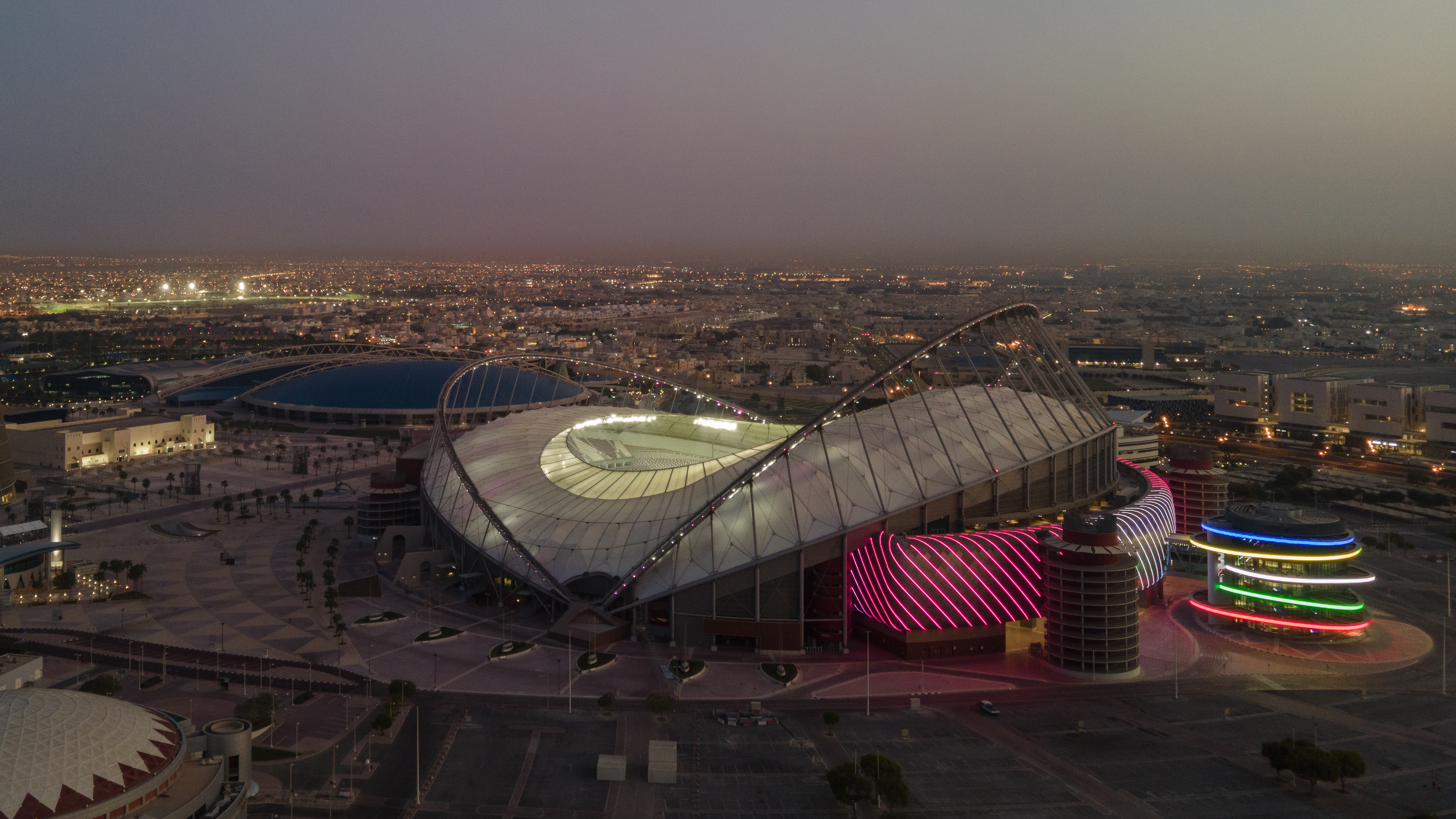
A free daily email with the biggest news stories of the day – and the best features from TheWeek.com
You are now subscribed
Your newsletter sign-up was successful
A Qatar World Cup ambassador has described homosexuality as “damage in the mind”, with the controversial tournament set to kick off in just over a week.
The comments made by Khalid Salman, a former Qatari international footballer, have raised further concerns during the build-up to a tournament that is already mired in controversy for its host nation’s stance on same-sex relationships, poor human rights record and mistreatment of migrant workers. The ongoing furore has even left some fans questioning whether they should watch the games at all.
‘Flex and compromise’
Salman told German broadcaster ZDF that LGBTQ+ people attending the tournament in Qatar should “accept our rules” – homosexuality is illegal in the Gulf nation – and claimed that homosexuality was forbidden in Islam because it was “damage to the mind”. The comments have already drawn criticism from human rights groups, such as Human Rights Watch, which said they were “fuelling discrimination and violence”.
The Week
Escape your echo chamber. Get the facts behind the news, plus analysis from multiple perspectives.

Sign up for The Week's Free Newsletters
From our morning news briefing to a weekly Good News Newsletter, get the best of The Week delivered directly to your inbox.
From our morning news briefing to a weekly Good News Newsletter, get the best of The Week delivered directly to your inbox.
World Cup organisers have said that “everyone is welcome” in the country and won’t face discrimination, but last month Qatar’s World Cup chief, Nasser Al Khater, said Qatar would not be changing its anti-LGBTQ+ laws and asked visitors to “respect our culture”, which has done little to quell fears over the safety of LGBTQ+ fans when visiting the country. Last month, the UK’s foreign secretary James Cleverly advised visiting LGBTQ+ fans to “be respectful of the host nation” and to employ “a little bit of flex and compromise” when visiting the country.
“But what does this flex and compromise actually mean?” asked David Aaronovitch in The Times. “That if gay football fans promise not to behave in too Pride-ish a way, then the authorities generously agree not to arrest them or rough them up?” Countries that seek to boost their international standing by holding major international sporting events “need to observe our customs – if by our ‘customs’ we mean observing basic human rights,” he argued. “I wouldn’t dream of going” to Qatar to watch the tournament this year, said Aaronovitch. ”Even watching from afar feels horribly like collusion.”
‘Modern slavery’
The treatment of migrant labourers in Qatar has also been in the spotlight, with Qatar labour practices “compared to modern slavery” said Roger Bennett and Tommy Vietor, writing for CNN. “A reported 6,500 South Asian migrant workers” have died since the nation was awarded the tournament in 2010, with experts suggesting “it is likely a lot of these deaths are related to construction of buildings for the tournament”.
“When you think of Qatar, its leaders don’t want you to picture migrant workers dying in the blistering heat,” said Bennett and Vietor. They want you to remember the “transcendent thrill” of the matches. And that is what is likely to happen unless a clear signal is sent that “autocrats cannot amass soft power through the refracted glow of sports immortality”, they argued.
A free daily email with the biggest news stories of the day – and the best features from TheWeek.com
‘Report not support’
High-profile UK sporting pundits have been forced to defend their decision to commentate in Qatar for the duration of the tournament – Gary Lineker argued on The News Agents podcast that he was “going there to report it, not support it”. But when Gary Neville attempted to employ a similar argument on the BBC satirical panel show Have I Got News For You, a critical Ian Hislop said it was “just not a very good defence”, arguing that Neville could “stay at home and highlight the abuses. You don’t have to go and take the Qataris’ money”.
Players have felt some pressure too, and several national team captains, including England’s Harry Kane, will now wear ‘OneLove’ armbands during matches to “promote diversity and inclusion” said the BBC. But it is “baffling” to pretend that “the odd discreet rainbow armband on a player” can be regarded as “constructive engagement” with the LGBTQ+ and human rights issues raised in the run-up to this “obscene” World Cup, argued Sam Leith in The Spectator. “It’s not too late for musicians, sponsors and even – above all – football players to say: stuff Qatar, and stuff Fifa’s way of doing business.”
Sorcha Bradley is a writer at The Week and a regular on “The Week Unwrapped” podcast. She worked at The Week magazine for a year and a half before taking up her current role with the digital team, where she mostly covers UK current affairs and politics. Before joining The Week, Sorcha worked at slow-news start-up Tortoise Media. She has also written for Sky News, The Sunday Times, the London Evening Standard and Grazia magazine, among other publications. She has a master’s in newspaper journalism from City, University of London, where she specialised in political journalism.
-
 Political cartoons for February 16
Political cartoons for February 16Cartoons Monday’s political cartoons include President's Day, a valentine from the Epstein files, and more
-
 Regent Hong Kong: a tranquil haven with a prime waterfront spot
Regent Hong Kong: a tranquil haven with a prime waterfront spotThe Week Recommends The trendy hotel recently underwent an extensive two-year revamp
-
 The problem with diagnosing profound autism
The problem with diagnosing profound autismThe Explainer Experts are reconsidering the idea of autism as a spectrum, which could impact diagnoses and policy making for the condition
-
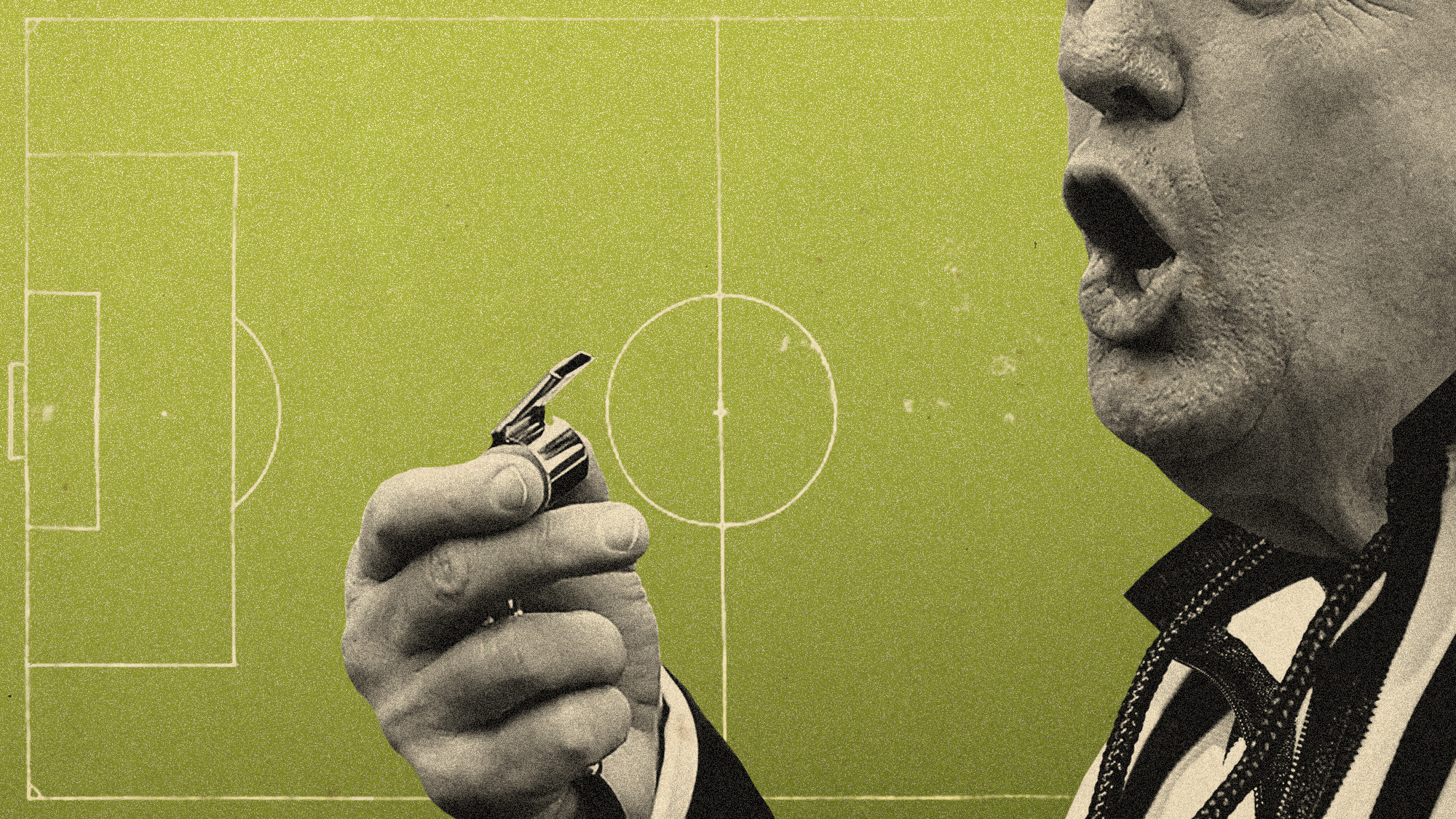 Will 2026 be the Trump World Cup?
Will 2026 be the Trump World Cup?In the Spotlight US president already using the world’s most popular football tournament to score political points
-
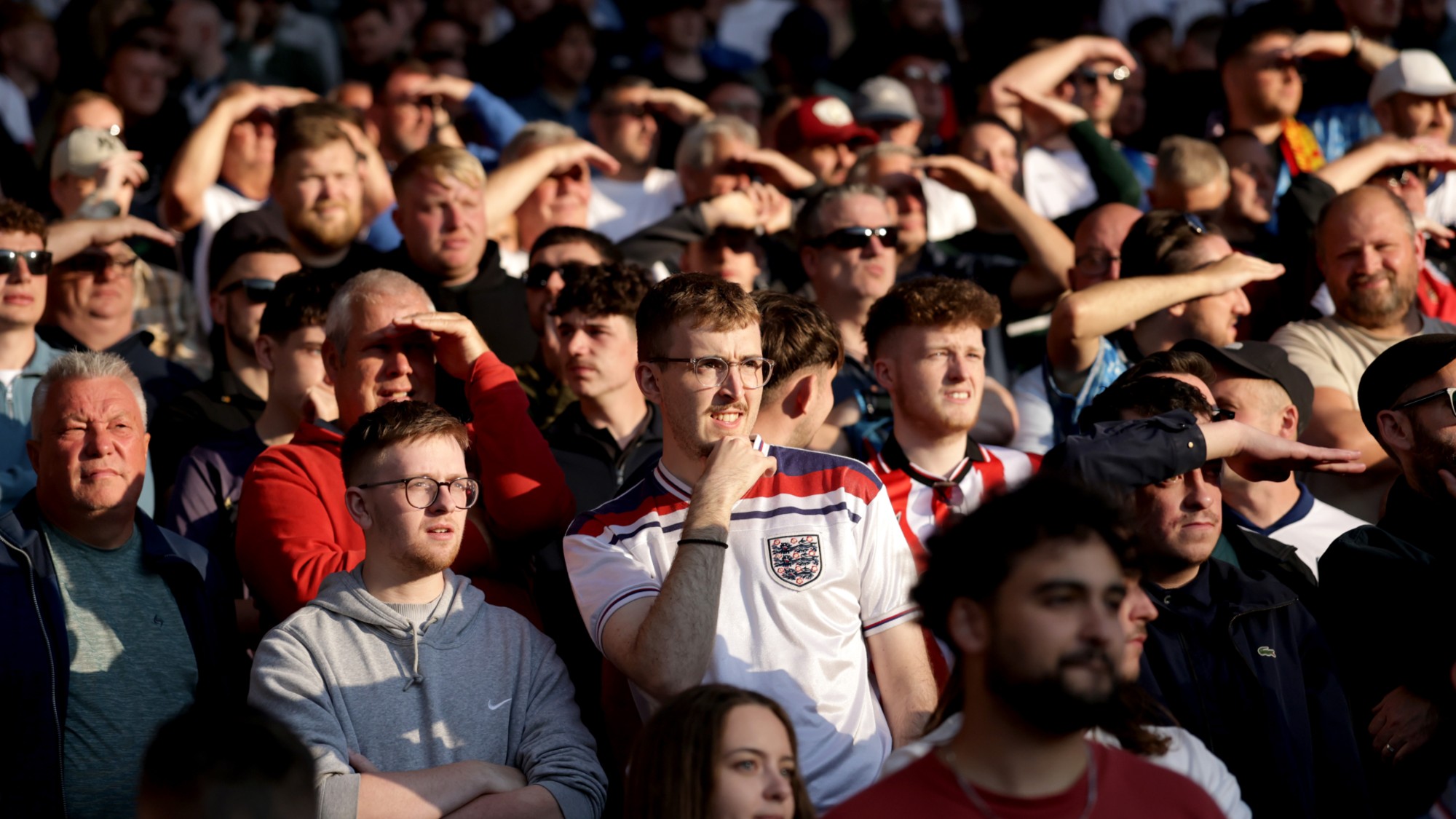 World Cup 2026: uncertainty reigns with one year to go
World Cup 2026: uncertainty reigns with one year to goIn the Spotlight US-hosted Fifa tournament has to navigate Trump's travel bans, logistical headaches and an exhausting expanded format
-
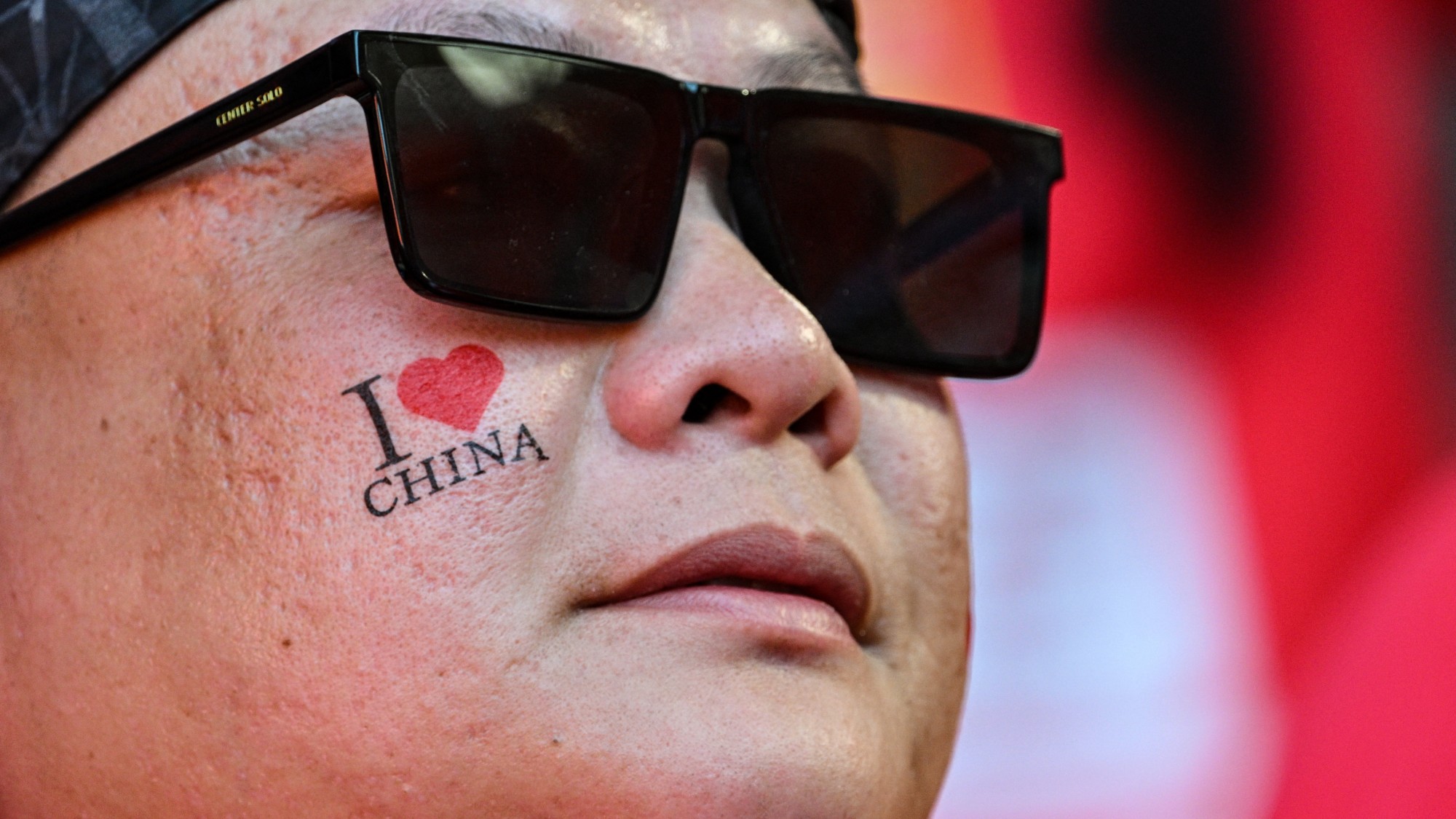 China's football crisis: what's happened to Xi's XI?
China's football crisis: what's happened to Xi's XI?In The Spotlight String of defeats and finishing bottom of World Cup qualifying group comes a decade after Xi Jinping launched a football crusade
-
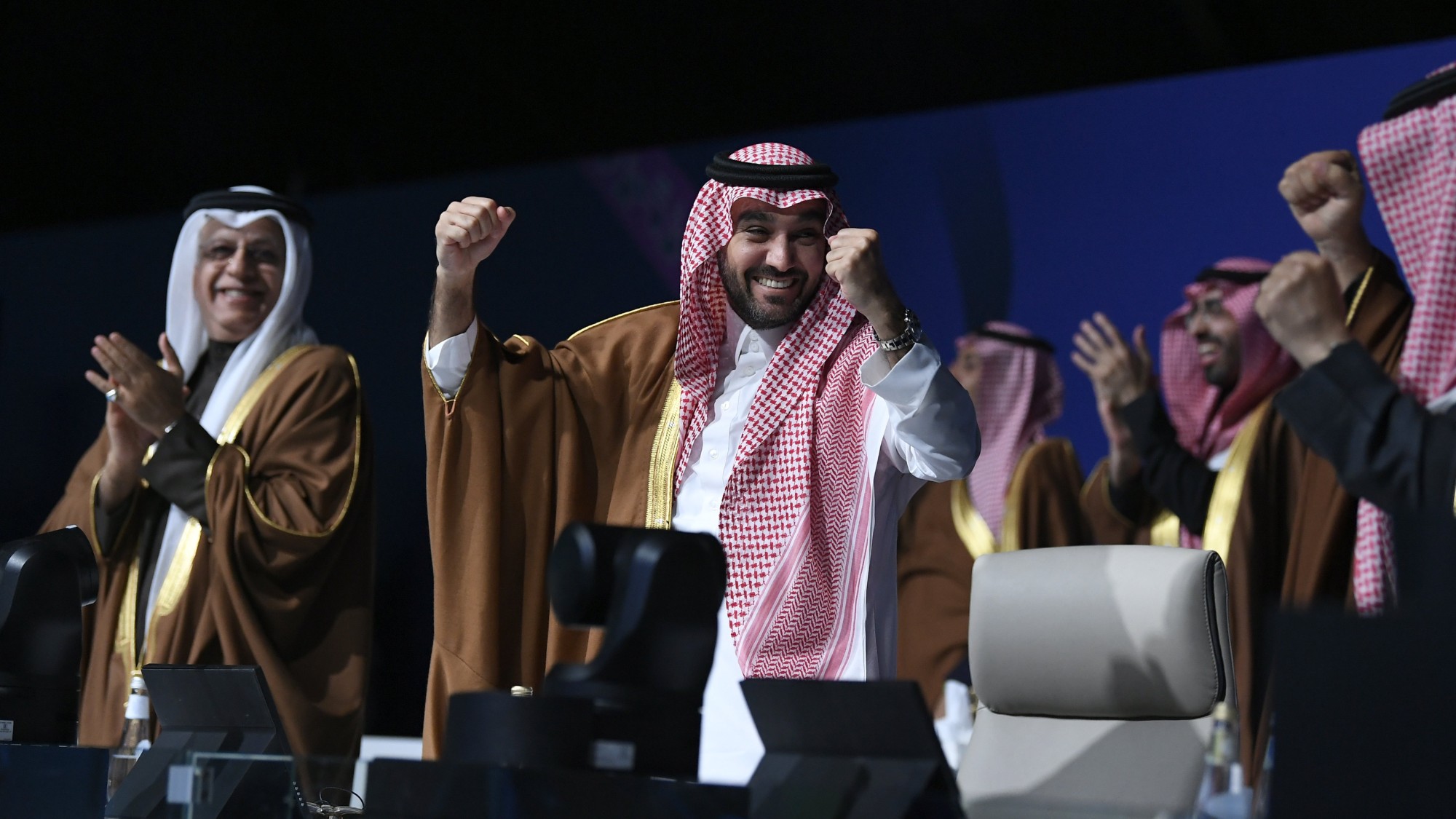 Saudi Arabia World Cup: have lessons been learned from Qatar?
Saudi Arabia World Cup: have lessons been learned from Qatar?Today's Big Question Human rights groups fear a repeat of issues at the 2022 tournament
-
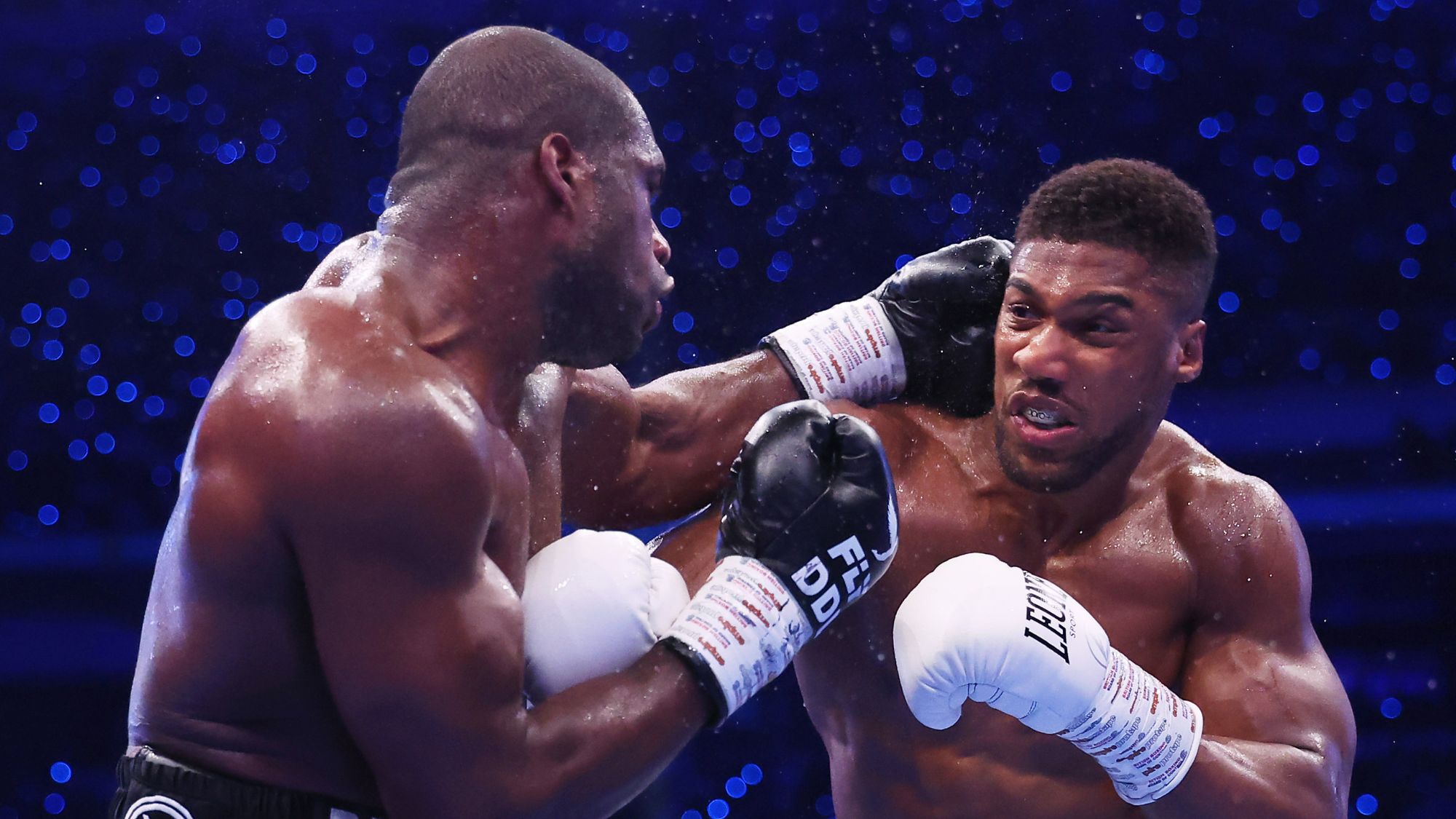 Is it time for Anthony Joshua to retire?
Is it time for Anthony Joshua to retire?After his latest brutal defeat, British boxing's 'poster boy' has a difficult choice to make
-
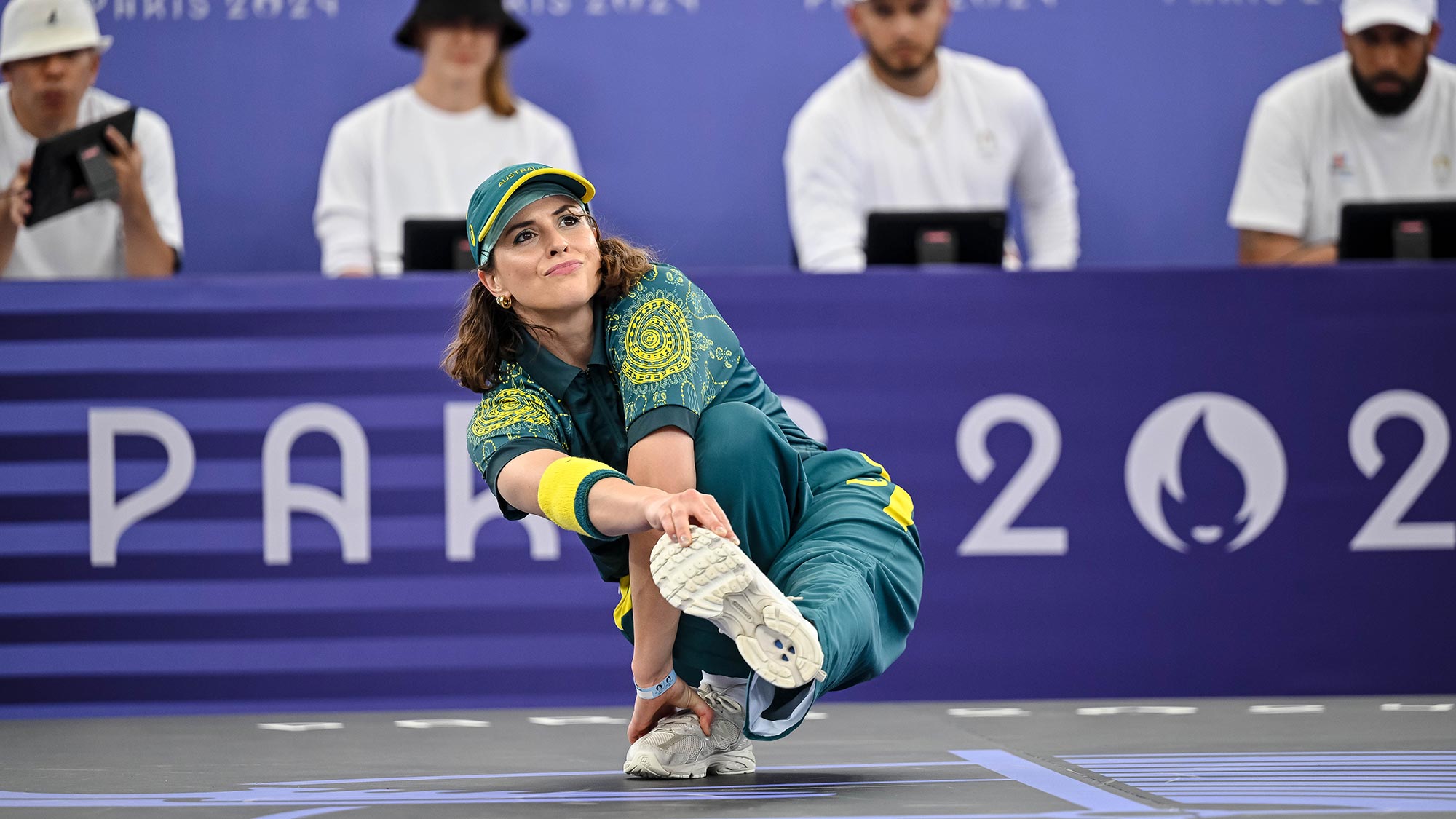 Raygun: heir to Eddie the Eagle?
Raygun: heir to Eddie the Eagle?Talking Point Australian Olympic breakdancer Rachael Gunn has become 'a worldwide meme'
-
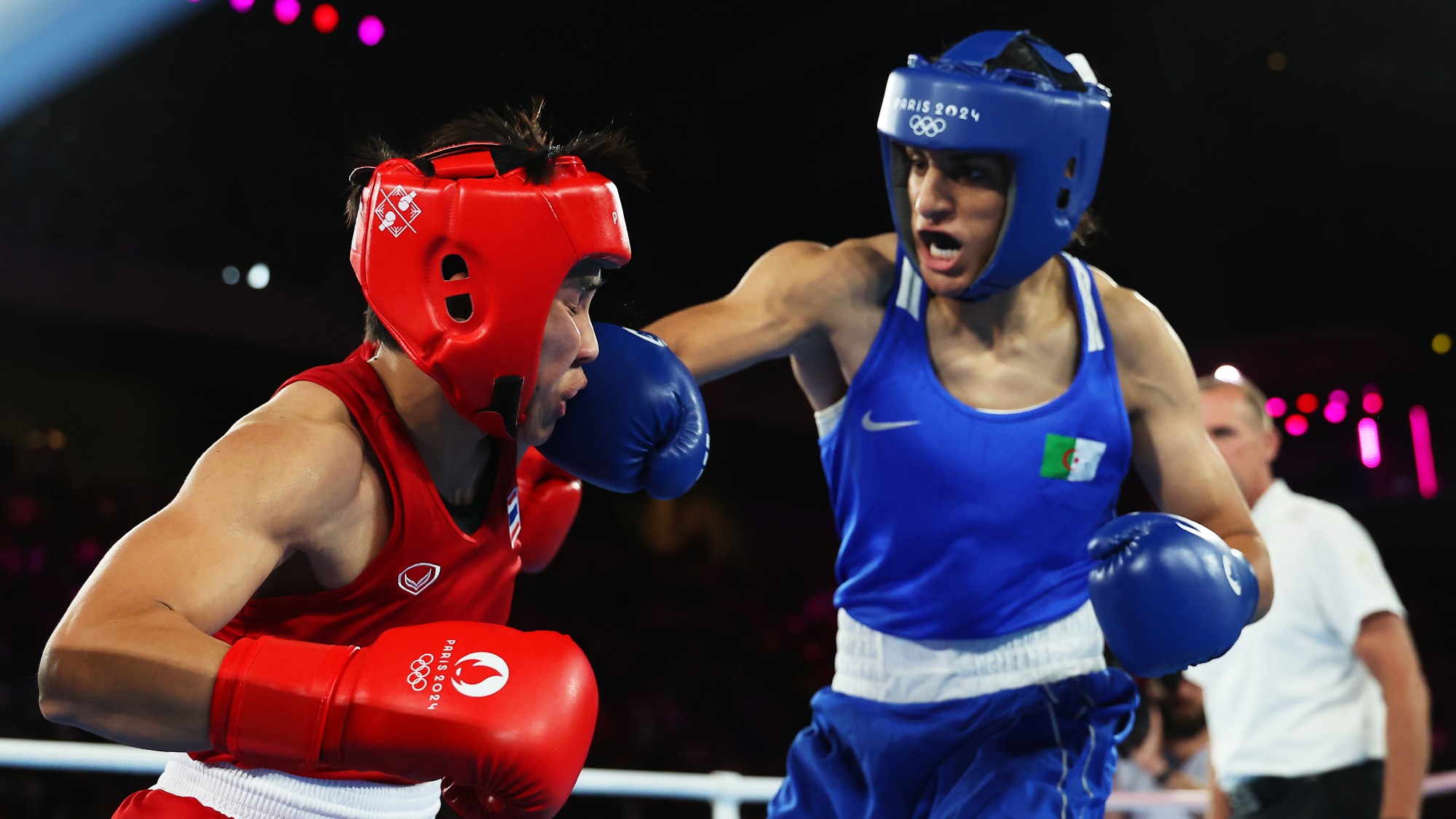 Boxing at the Olympics: the row over sexual differences
Boxing at the Olympics: the row over sexual differencesTalking Point Controversy over Imane Khelif and Lin Yu-ting shines a spotlight on the murky world of gender testing – and the IOC's inaction
-
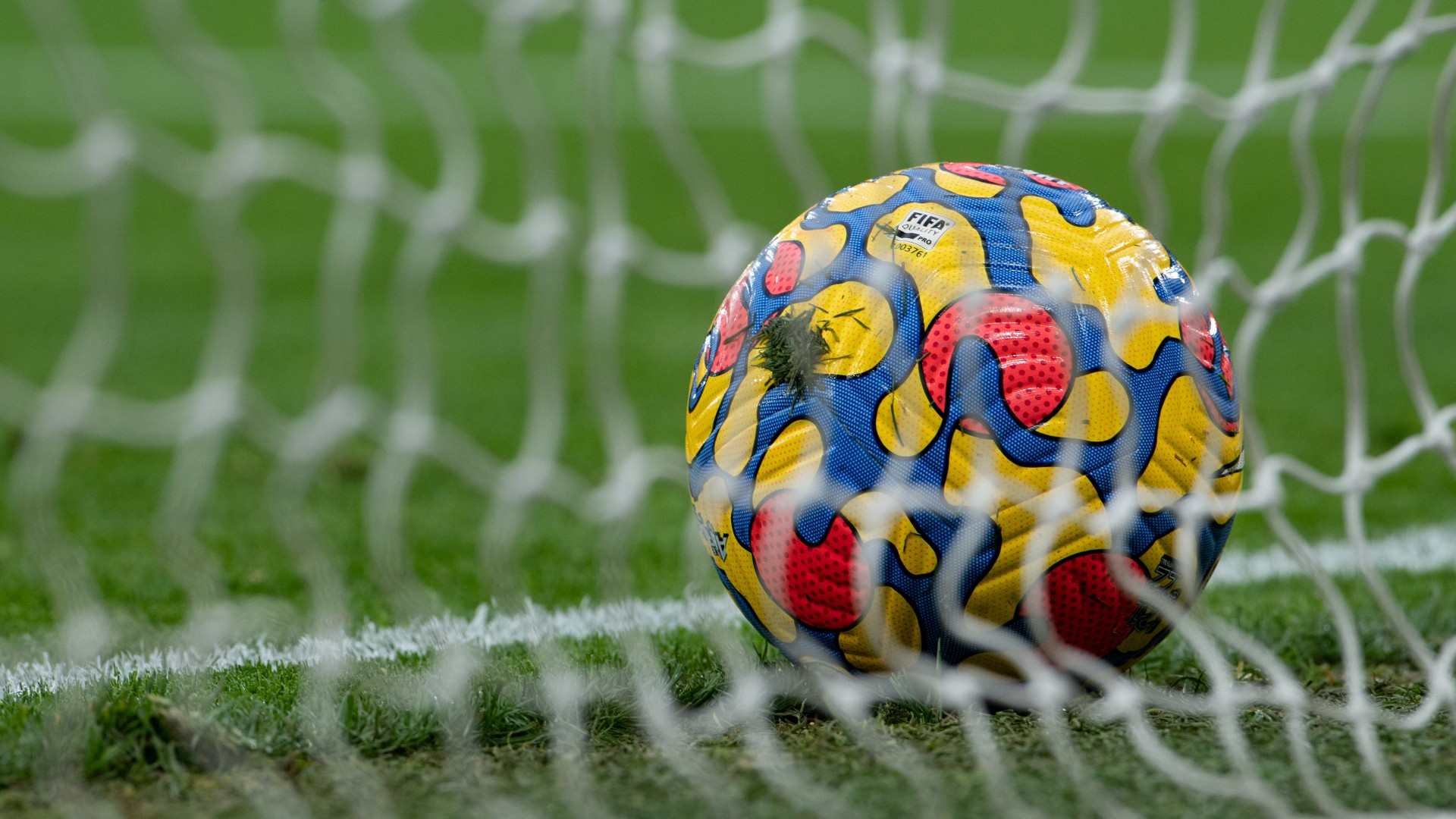 Is a new English football regulator an own goal for the game?
Is a new English football regulator an own goal for the game?Talking Point PM hails 'historic moment for football fans' but West Ham owner warns it could 'ruin' Premier League